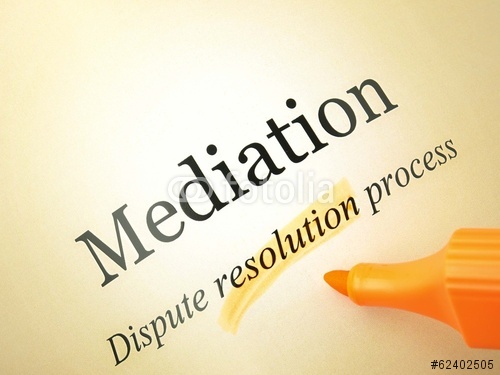
A performs many important functions. However, none of these functions includes making a decision for the parties. Mediation is a form of alternative dispute resolution in which the parties avoid litigation in order to work out an agreement between the parties. He or she is not a judge or arbitrator who can make a decision. However, a divorce mediator in Bay Shore New York can provide the following:
Unbiased Opinion
Divorce mediators are often individuals with a background in family law, such as family law attorneys or judges. They have usually seen their fair share of cases and have a good idea on how the court is likely to rule. Since the mediator does not represent either party, he or she can provide a truly objective opinion.
Direction
Mediators often take many hours of professional education courses in order to learn about and develop conflict resolution skills. If a dispute becomes heated, they can often help guide discussion back to a respectful level. Additionally, the mediator is trained to extrapolate all of the relevant issues and facts in an expeditious manner so that these issues can be dealt with head-on. Since the mediator is not representing either party’s interests, he or she is instead only vested in helping the parties reach a fair and equitable settlement of the case.
Better Communication
Divorce often arises between two people who have experienced communication problems for some time. A professional mediator can help buffer messages between the parties and avoid getting the couple trapped in an old cycle of poor communication.
